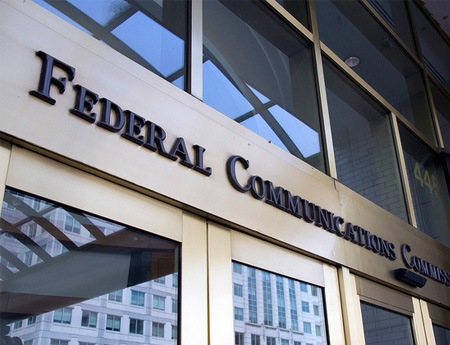Sources: Indie Programming NPRM Based on Charter-TWC Conditions
The smarter way to stay on top of the multichannel video marketplace. Sign up below.
You are now subscribed
Your newsletter sign-up was successful

According to industry sources tracking the process, the Notice of Proposed Rulemaking (NPRM) on access to independent programming FCC Chairman Tom Wheeler and commissioner Mignon Clyburn are working on,stemming from the notice of inquiry on that issue, has at its core making Charter/Time Warner Cable access conditions the law, or at least rule, of the land.
The NPRM is expected to propose applying industrywide, per a new FCC rule, the Charter/TWC condition--contained in a Department of Justice Consent decree--that prohibits New Charter from preventing programmers from doing deals with online video distributors (OVDs) like Netflix.
That would include codifying the associated DOJ conditions that distributors will not be able to employ most-favored-nation (MFN) clauses if "they are inconsistent with [that] prohibition," and that distributors are also prohibited from retaliating against programmers for licensing to OVDs.
It could potentially do more, but that would be the baseline-the item is said to be a work in progress, but with the goal of potentially voting on it at the FCC's September meeting.
The NPRM stems from a Notice of Inquiry launched last February in response to a request from Clyburn after agreeing to support mergers, including Charter/TWC, in which access to independent programming issues were raised.
David Goodfriend, who represents independent programmers, signaled that making the deal conditions industry-wide policy was the least the FCC could do to address the issue of access to independent programming.
"The DOJ consent decree in the Charter merger was fine as far as it went," he said, "but every programmer has to deal with every other MVPD and those other agreements often negate the good work that DOJ did. So, it only make
The smarter way to stay on top of the multichannel video marketplace. Sign up below.
sense for the FCC to extend that concept industrywide. But the FCC should go farther in promoting diversity in the video market.
Clyburn said at the Independent Show in Orlando that since the inquiry had been opened, more than 36,000 comments had been filed. She also said she was working with the chairman on "next steps" and would prefer that the FCC propose some new rules. Those are now in the works.
It may have helped that Clyburn also said at the Independent Show that there was no rush on the set-top box proposal the chairman will need her vote to approve. The FCC has gotten pushback from the Congressional Black Caucus on that proposal related to access to diverse programming, so addressing independent programming access in the NPRM might be a way to assuage some of those concerns and gain more support for the set-top plan.
Wheeler's office had no comment. Clyburn's office would only say she "continues to explore next steps with the Chairman."
But one caveat is that a Notice of Proposed Rulemaking is only that, a proposal. The FCC would still need to collect comment and vote a final order. Some NPRMs remain open for years, as was the case with the retransmission consent reforms proposed under then FCC Chairman Julius Genachowski.
Contributing editor John Eggerton has been an editor and/or writer on media regulation, legislation and policy for over four decades, including covering the FCC, FTC, Congress, the major media trade associations, and the federal courts. In addition to Multichannel News and Broadcasting + Cable, his work has appeared in Radio World, TV Technology, TV Fax, This Week in Consumer Electronics, Variety and the Encyclopedia Britannica.

